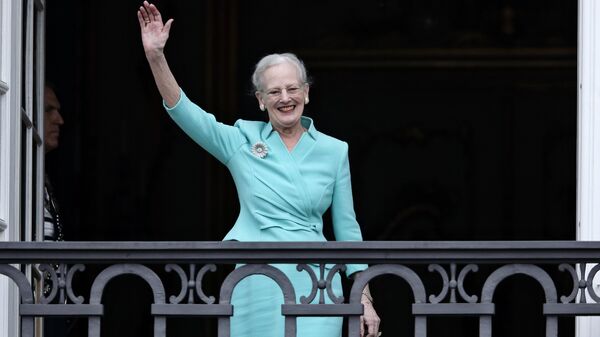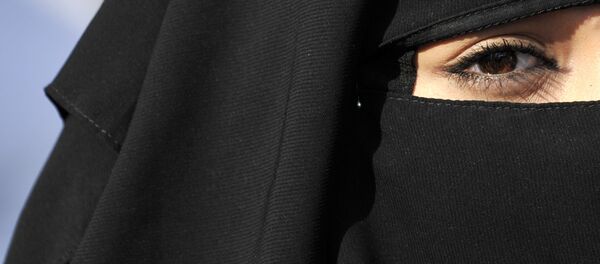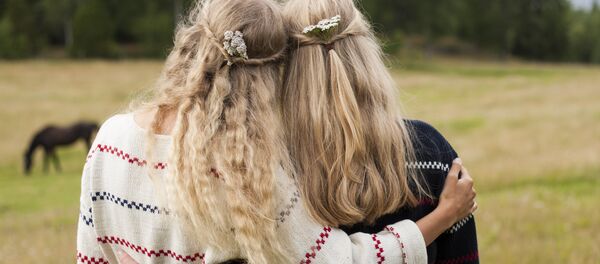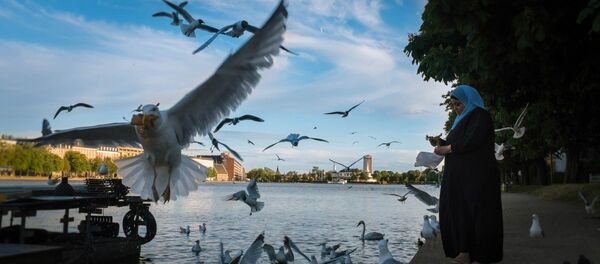"I would not say we are a multicultural country, but more people with different roots live here now who have different roots, backgrounds and religions, more than 30 years ago," Margrethe II told Der Spiegel. "This also applies to religions. Under the constitution, as the Danish queen I am bound to the Lutheran faith, but that does not exclude people of other faiths. On the contrary, I believe that the fact that I am religious brings me closer to anyone with a different faith. Besides, I represent all people who are citizens of the Danish nation," she continued.
The Queen of Denmark also voiced skepticism about the emergence of a pan-European identity.
#QueenMargrethe attended the reopening ceremony of the All Saints' Church on Sunday in Wittenberg #Germany. #Denmark #DanishRoyals pic.twitter.com/7hDg4rBPF6
— European Royals (@EuroRoyals) October 2, 2016
"I believe that all the euphoria about Europe has led many of us to forget that Europe is a conglomerate of different entities and countries. But if you don't love your own entity, if you don't know your roots and can no longer relate to them, you will also have problems with the rest of Europe. A tree without roots will fall over, whereas a tree with roots eventually becomes part of a forest. I believe that many people have forgotten their roots," Margrethe II told Der Spiegel.
"Norwegians come from the north of the country, from the middle, from the south and all the other regions. Norwegians are also immigrants from Afghanistan, Pakistan, Poland, Sweden, Somalia and Syria," King Harald said.
"Norwegians are girls who love girls. Boys who love boys. And boys and girls who love each other," the king said.
"Norwegians believe in God, Allah, everything and nothing," he added.
"You can't just bring the entire world to Denmark and call their children Danish," Henriksen said about Jens Philip Yazsani, whose mother is Danish and father is Iranian. According to Henriksen, such a "trivialization" of the debate was an insult of generations who "built up this country."
According to Jens Philip Yazsani, who involuntarily sparked a national debate, living in Denmark, feeling Danish and being Danish "in spirit" was the obvious criteria, Danish newspaper Politiko reported.
At present, up to 10 percent of the Danish population consists of immigrants, excluding Danish-born descendants of immigrant parents.





